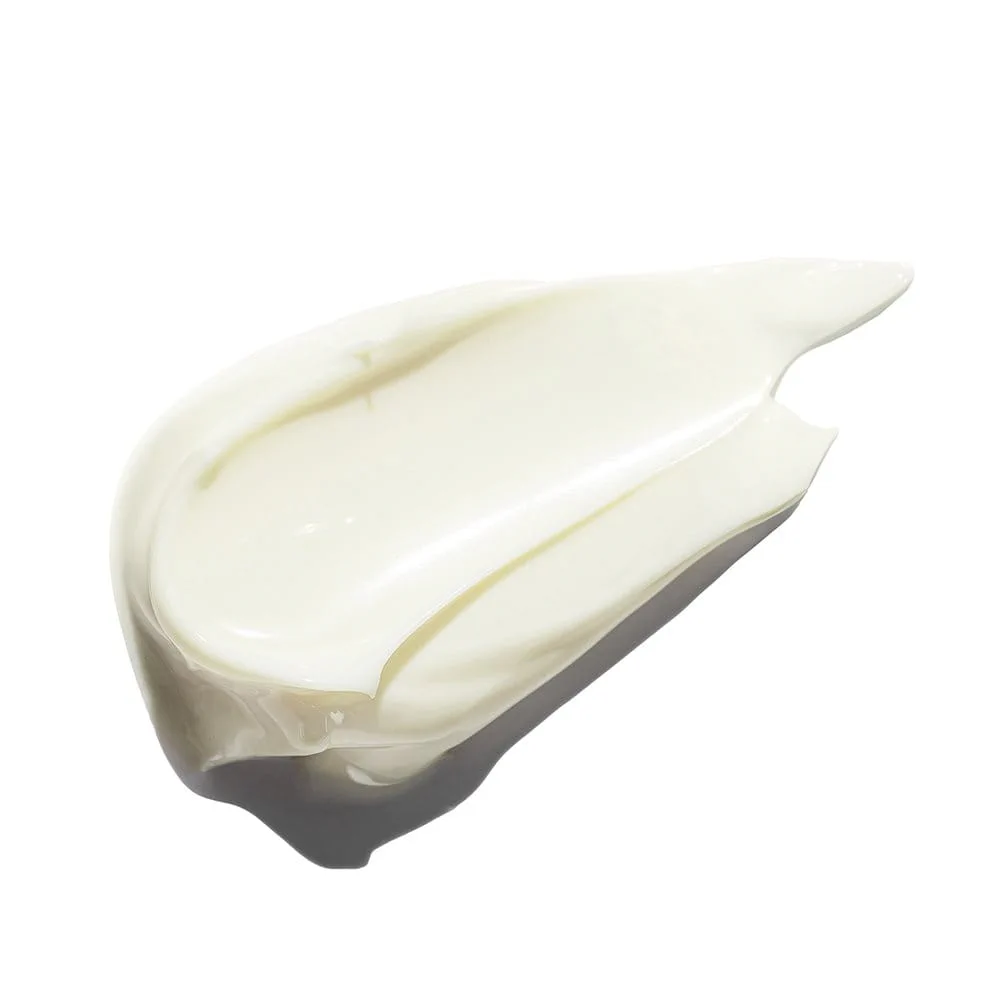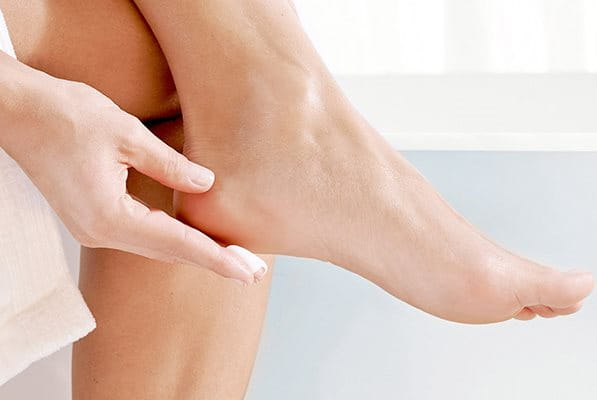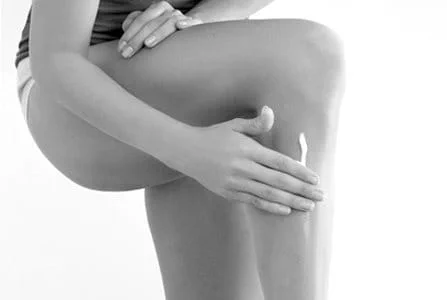Why do I need to moisturize my skin?
Skin is one of our most important protective barriers. It defends the body from external influences such as pollution, sunlight and chemicals. These factors can also cause damage to the skin barrier and, when this happens, skin’s capacity to retain moisture is compromised. As a result, it becomes prone to dryness and irritation. It’s important that we care for our skin so that it, in turn, can carry on its vital work of protecting us.
Why do I need a special moisturizer for dry, rough skin?
A moisturizer specially formulated for dry, rough skin should be rich in the ingredients that skin needs to prevent moisture loss, bind in more water and strengthen its protective barrier. Left untreated, or treated with a product that doesn’t contain the appropriate ingredients, skin might dry out further and may crack.
Eucerin UreaRepair PLUS 5% Urea Body Cream contains Urea and other NMFs (to bind water into the skin) and Ceramide (to repair the skin barrier and reduce moisture loss).). The formula gives immediate relief and delays the symptoms of very dry skin (such as roughness and scaliness) for up to 48 hours.
How can I tell if I have very dry skin or a skin condition or disease?
You can find information about dry skin as well as conditions such as Atopic Dermatitis and Psoriasis on this website. You can also take our skin test to find out more about your skin type and condition and how best to care for it. If you are still unsure, or concerned about your symptoms, we recommend you ask a pharmacist or dermatologist for advice.














